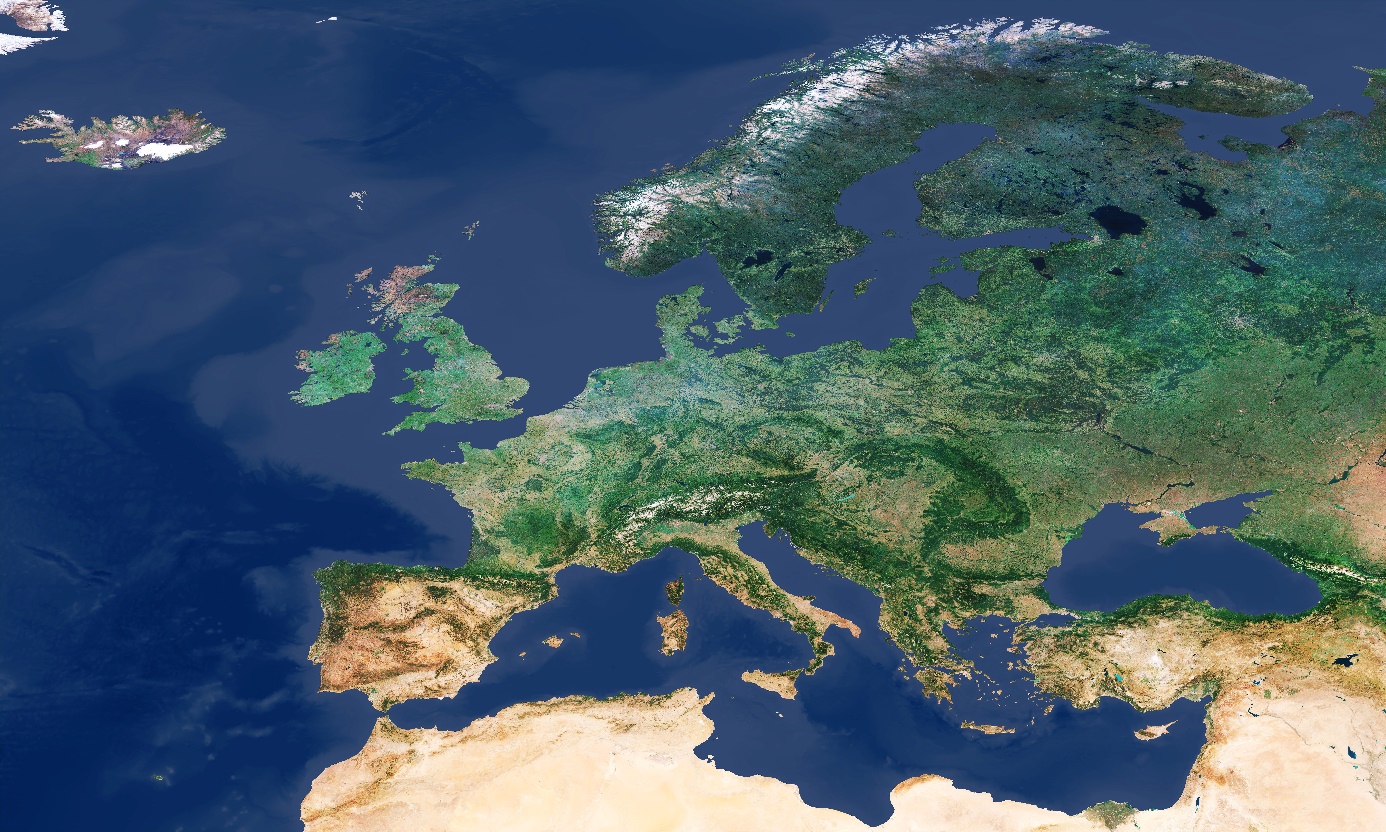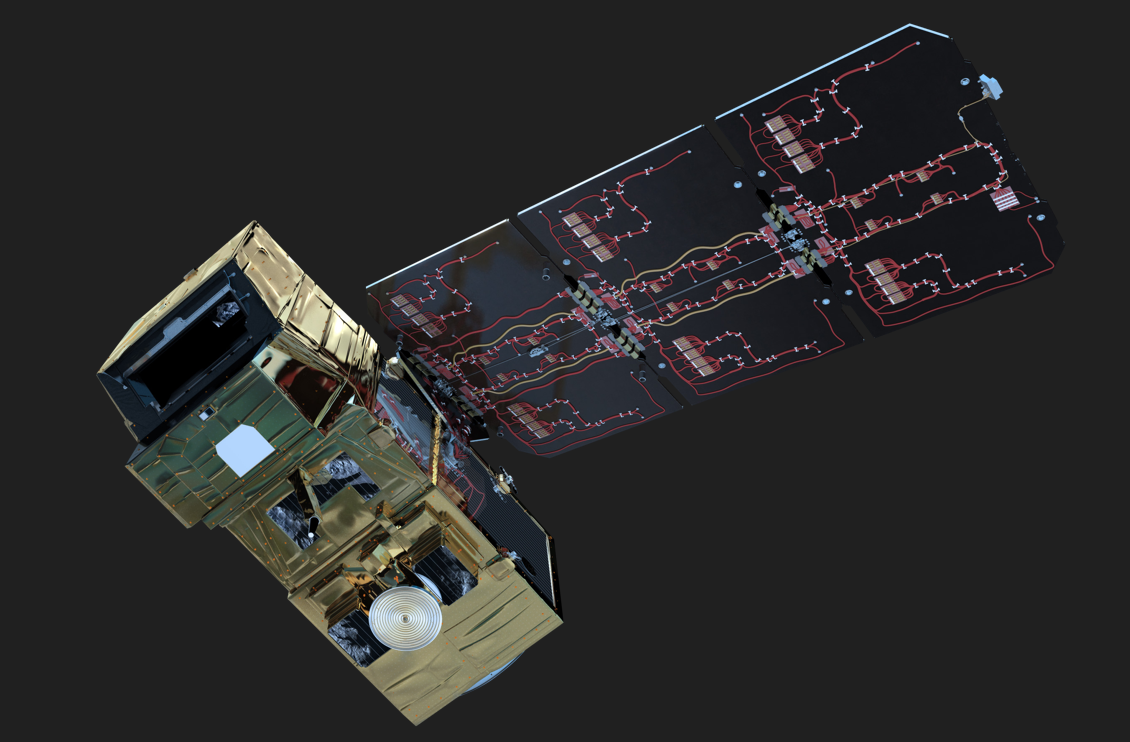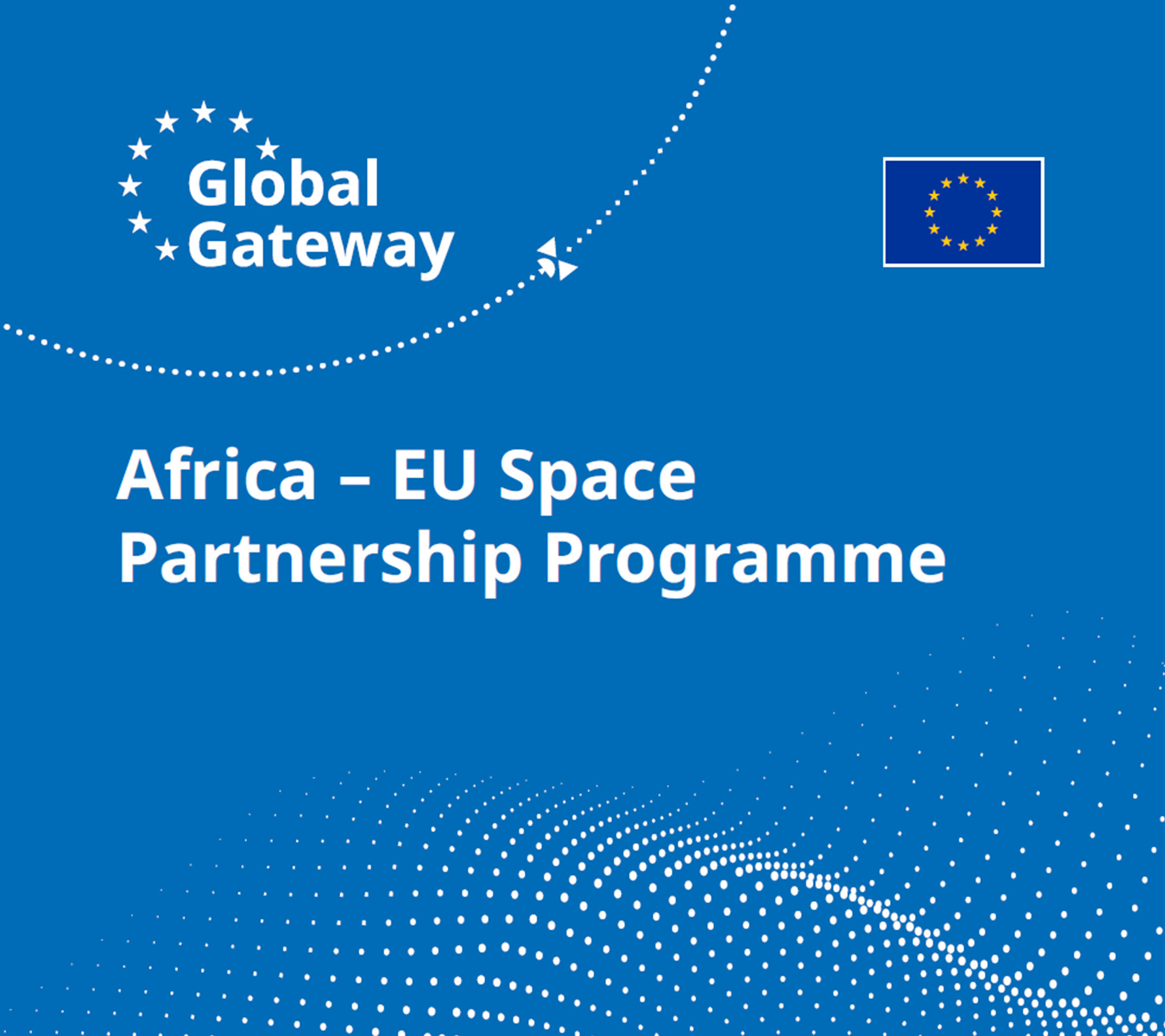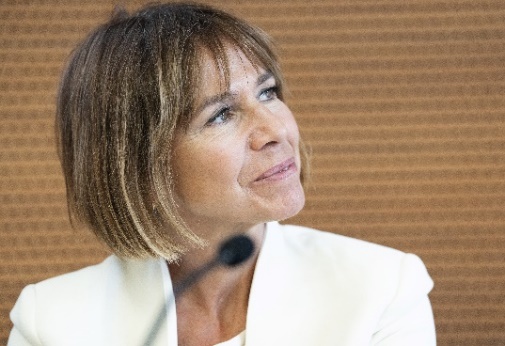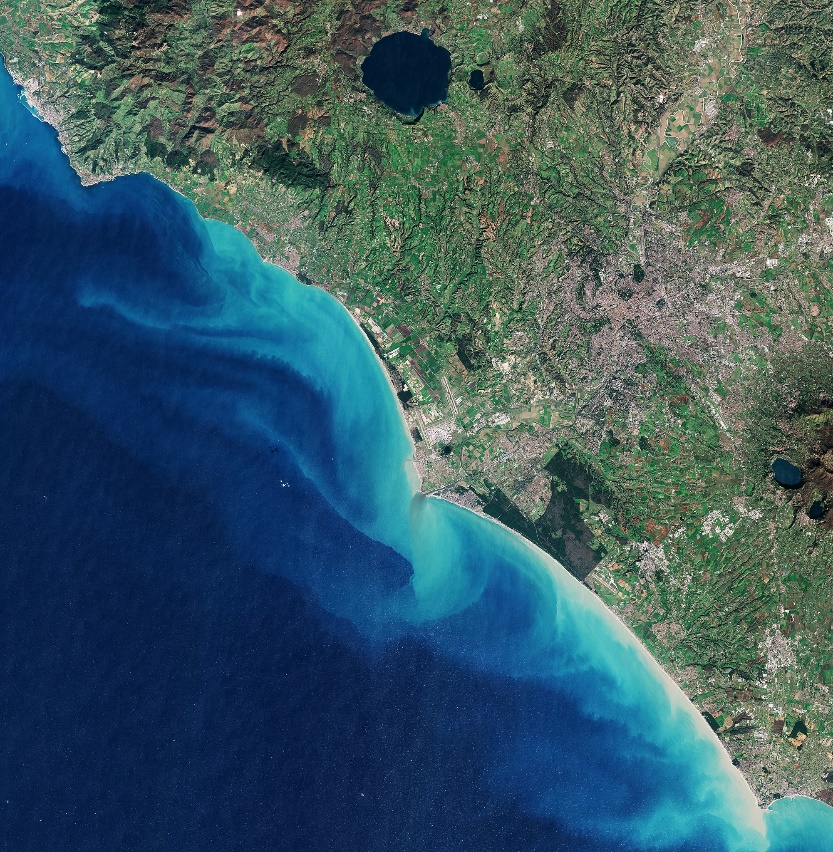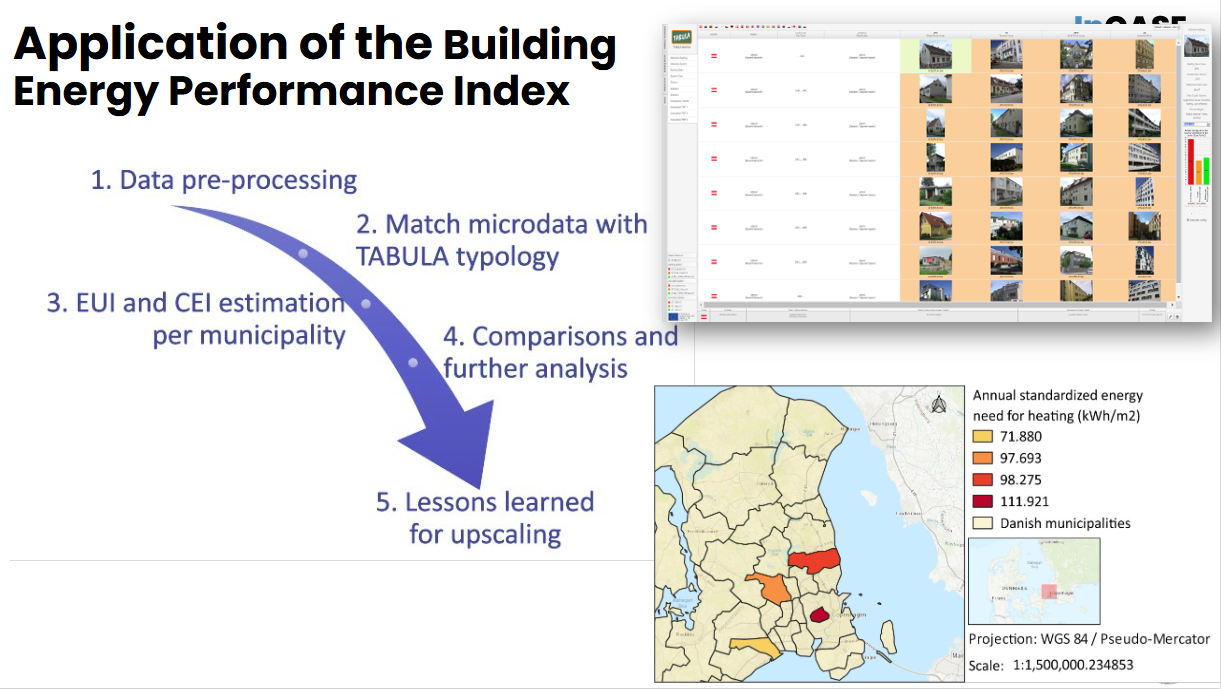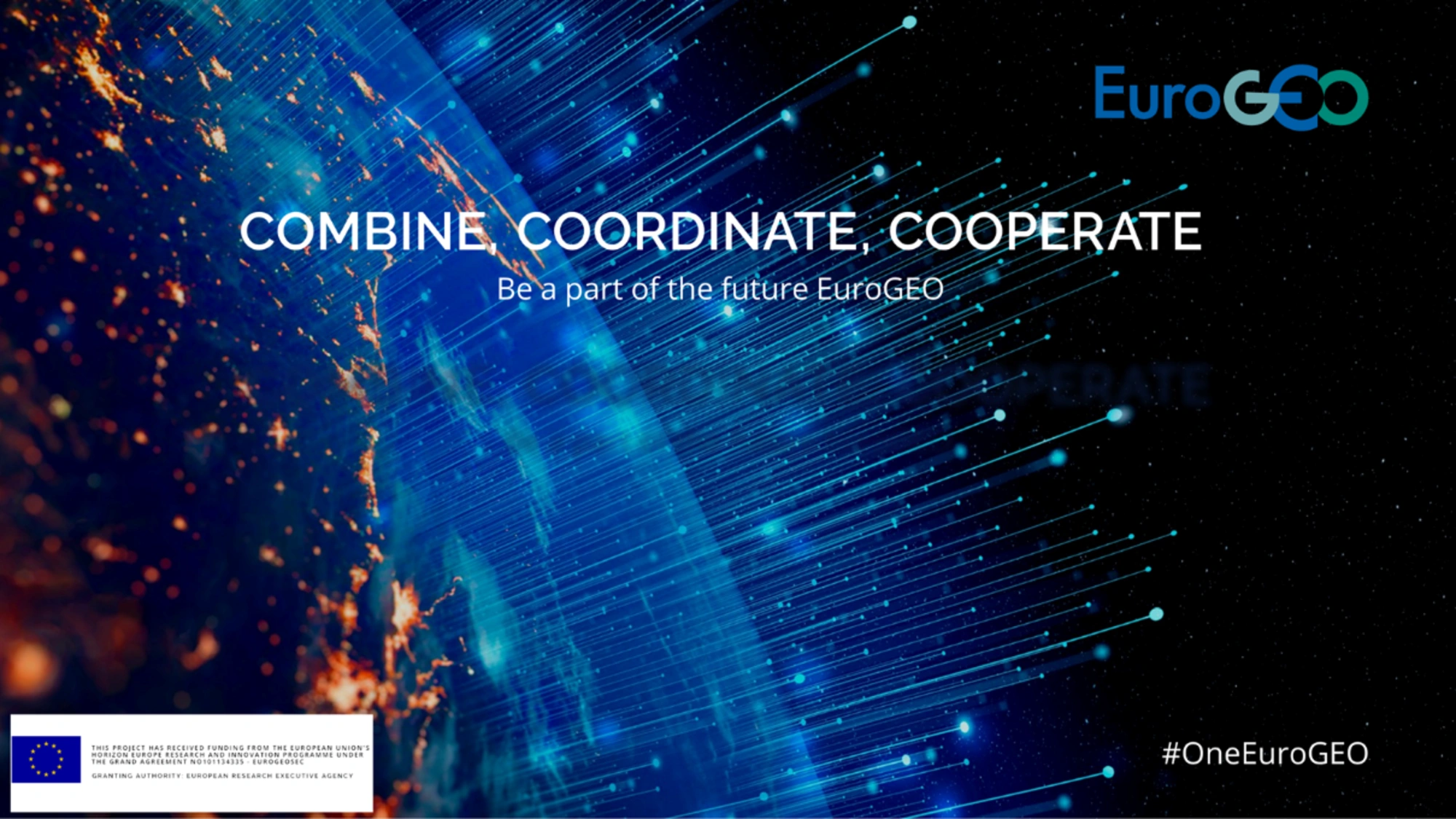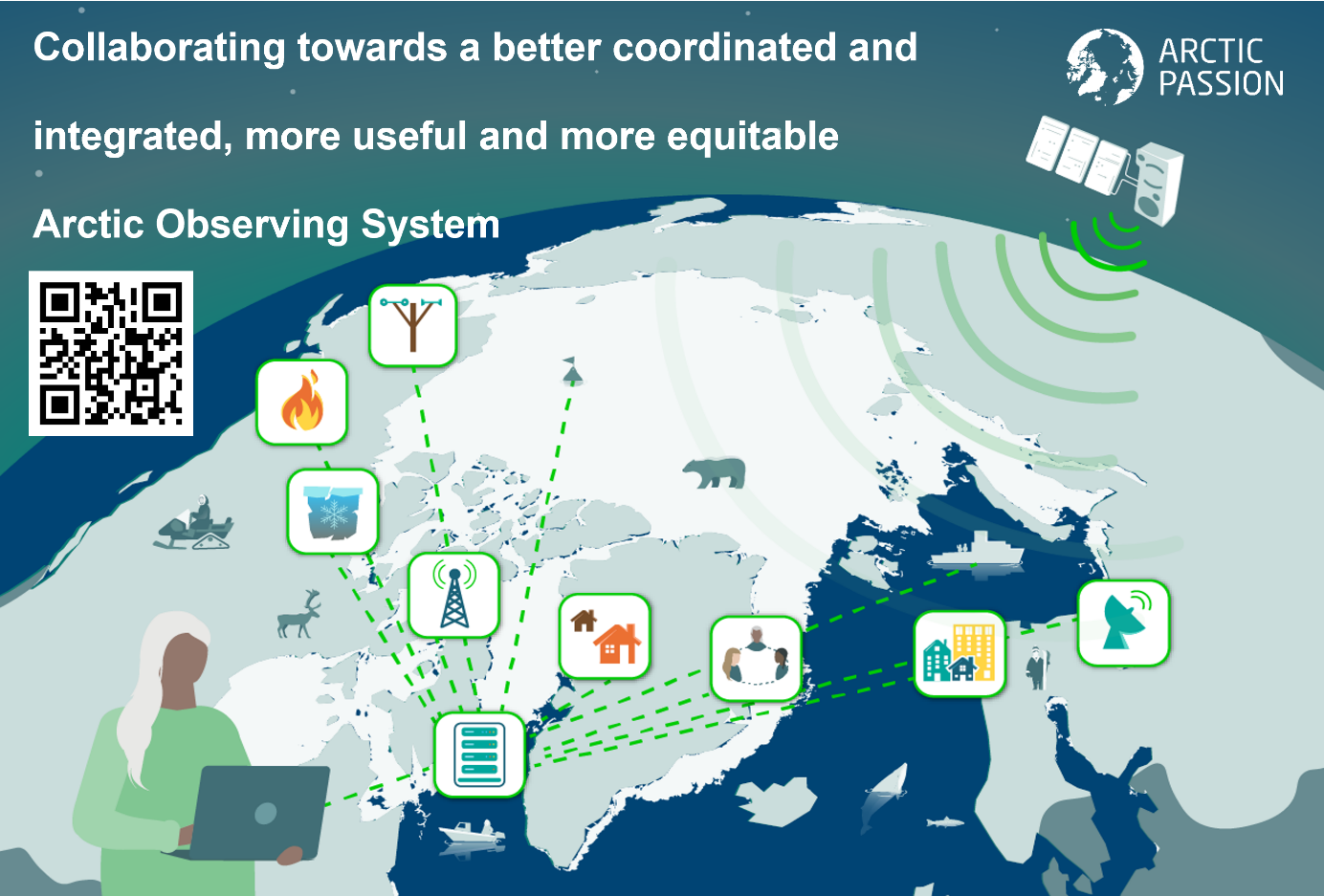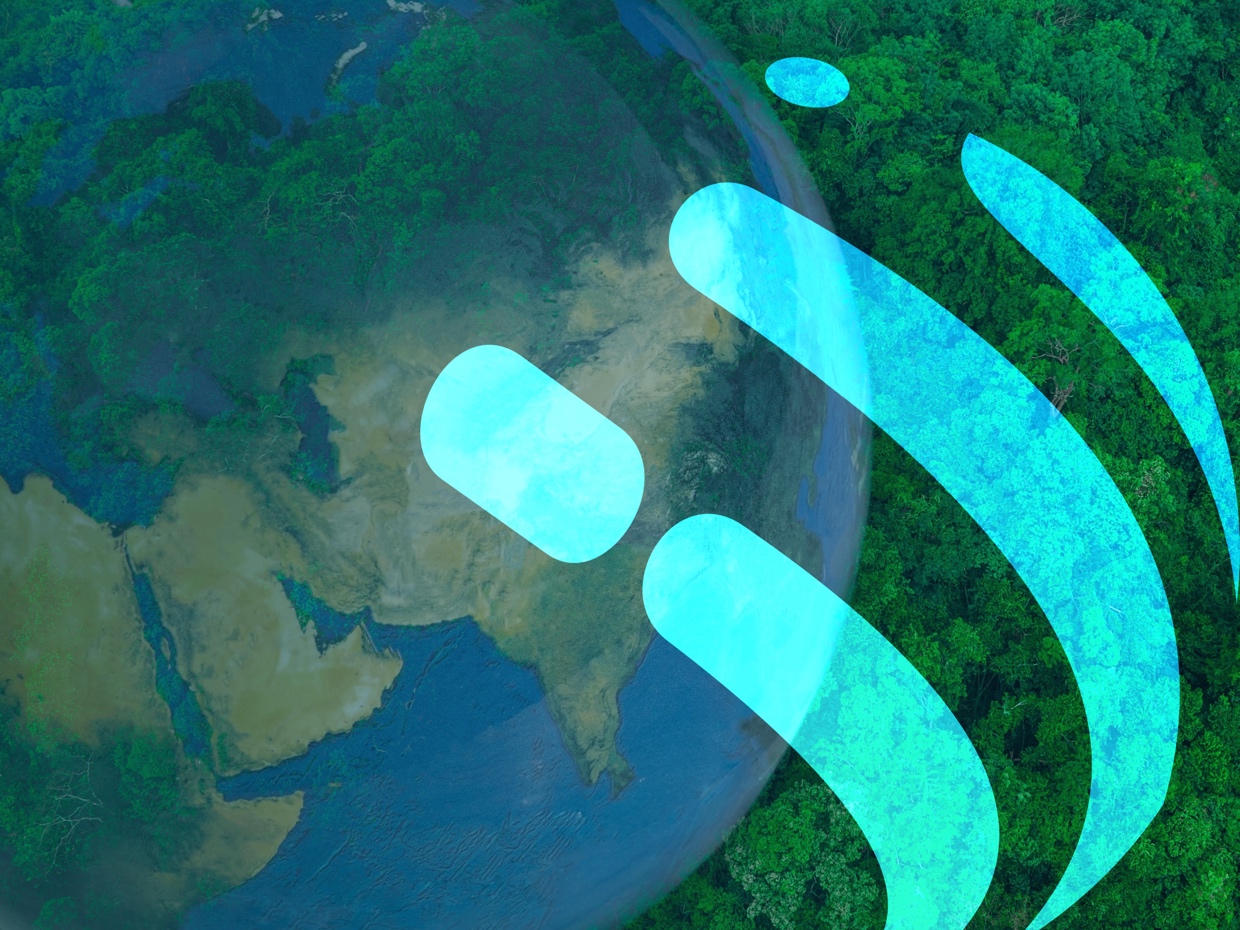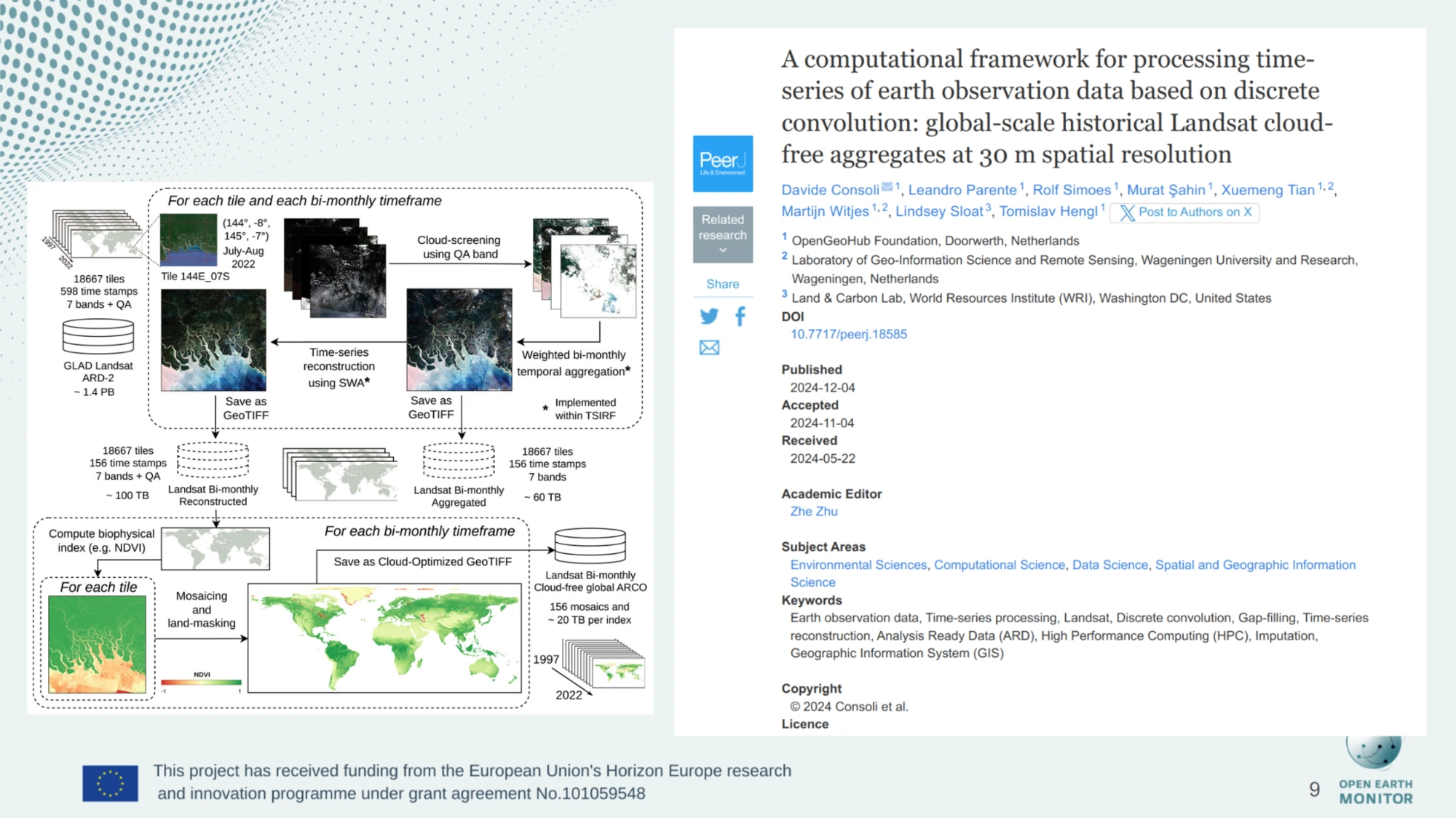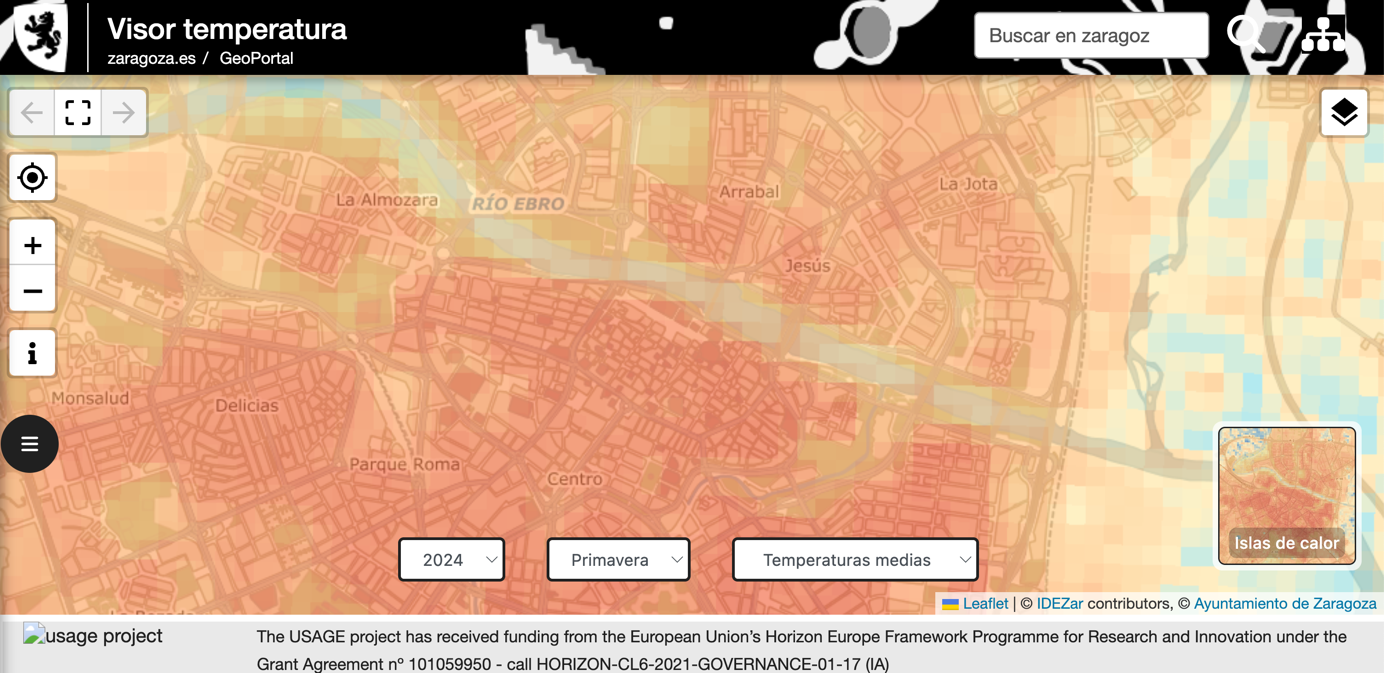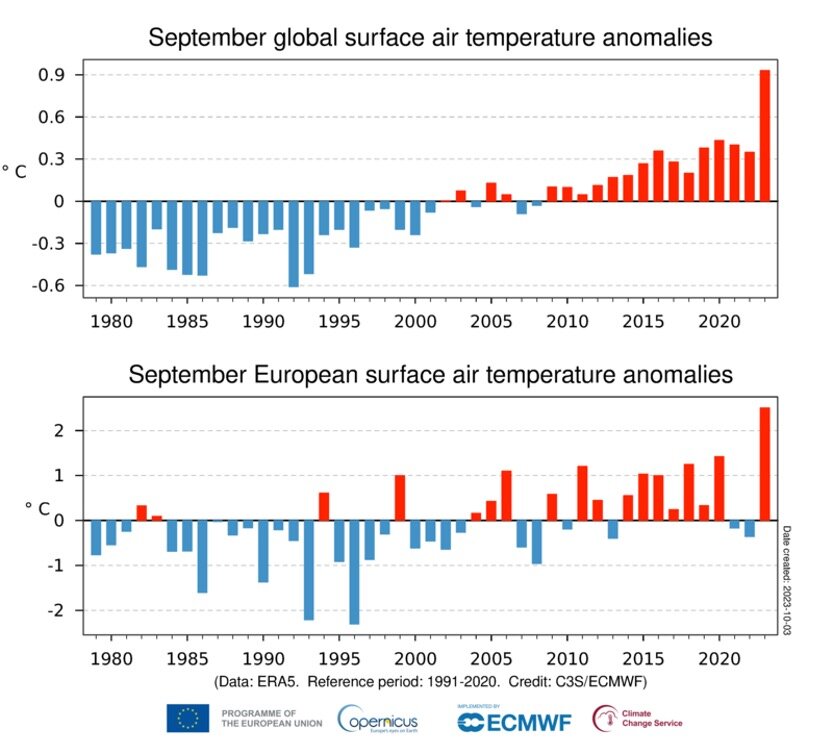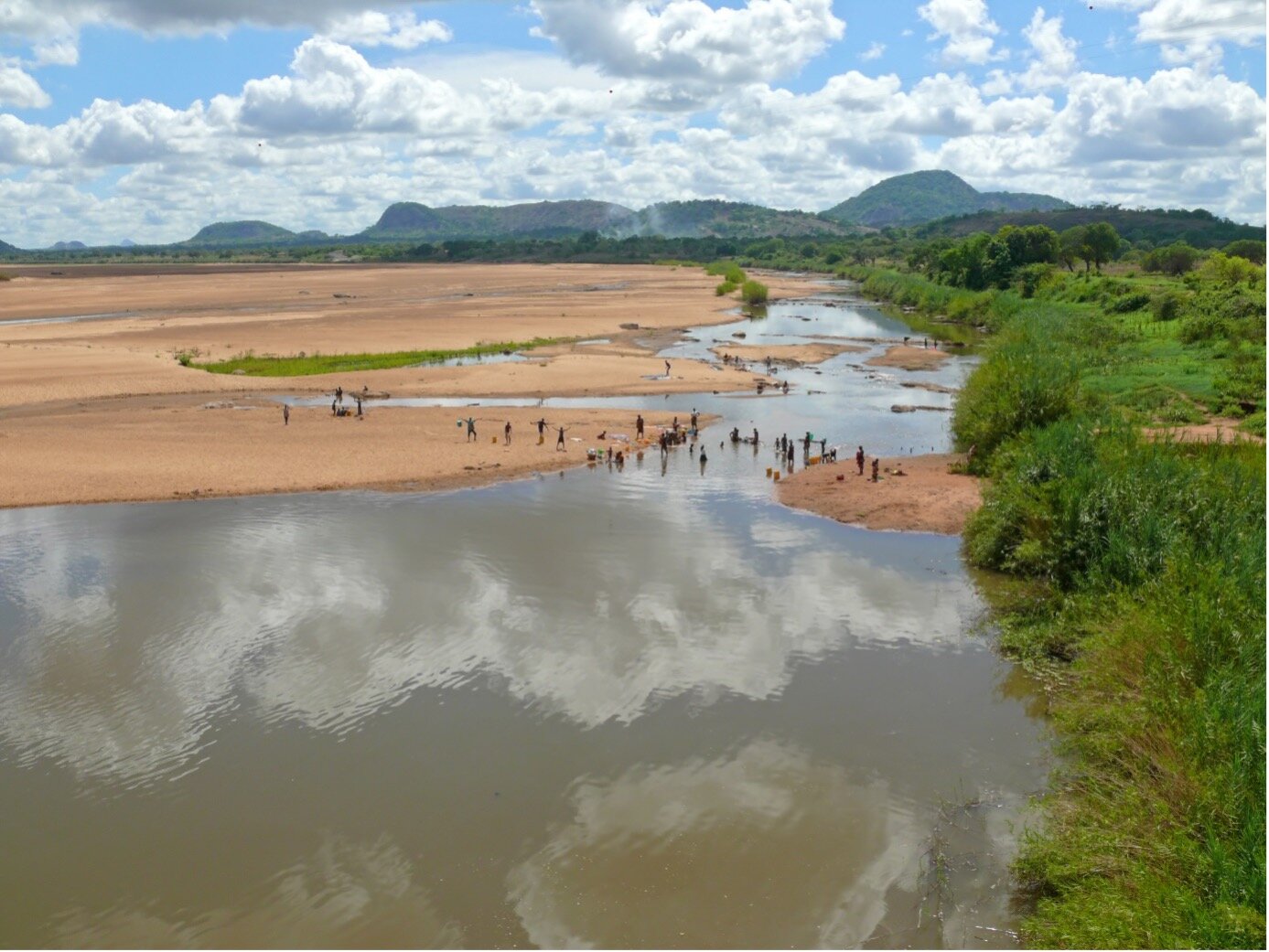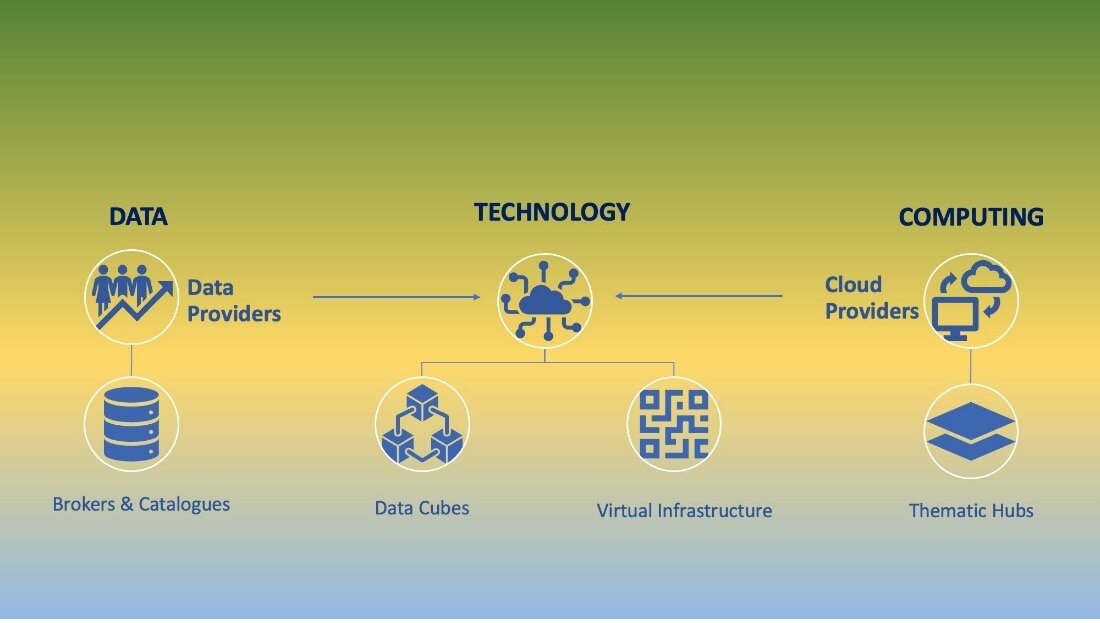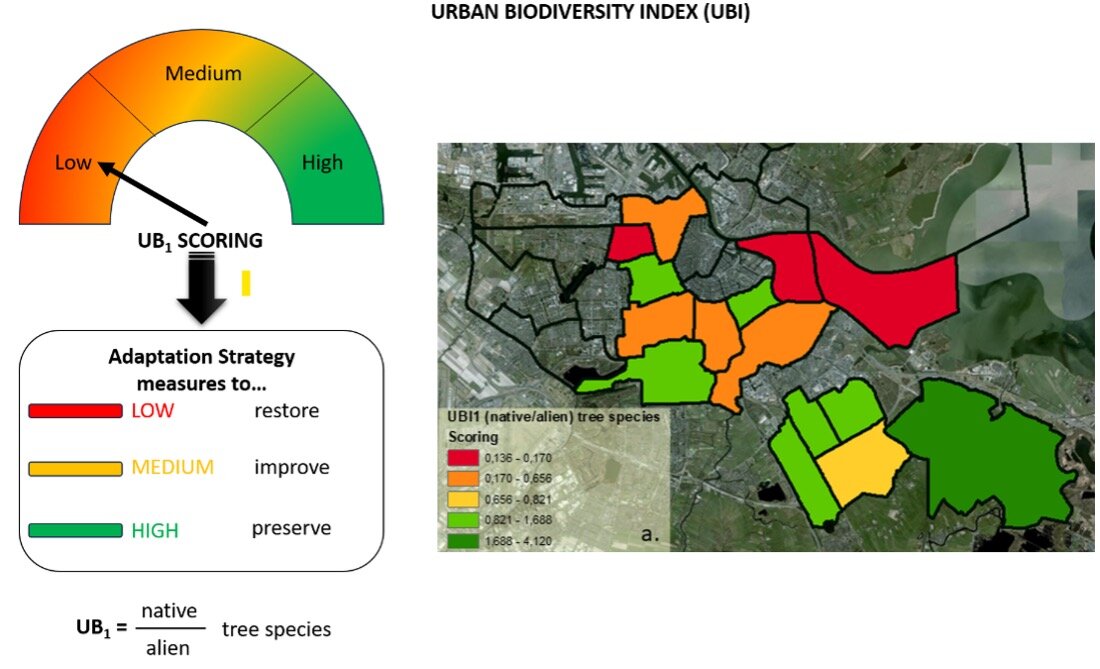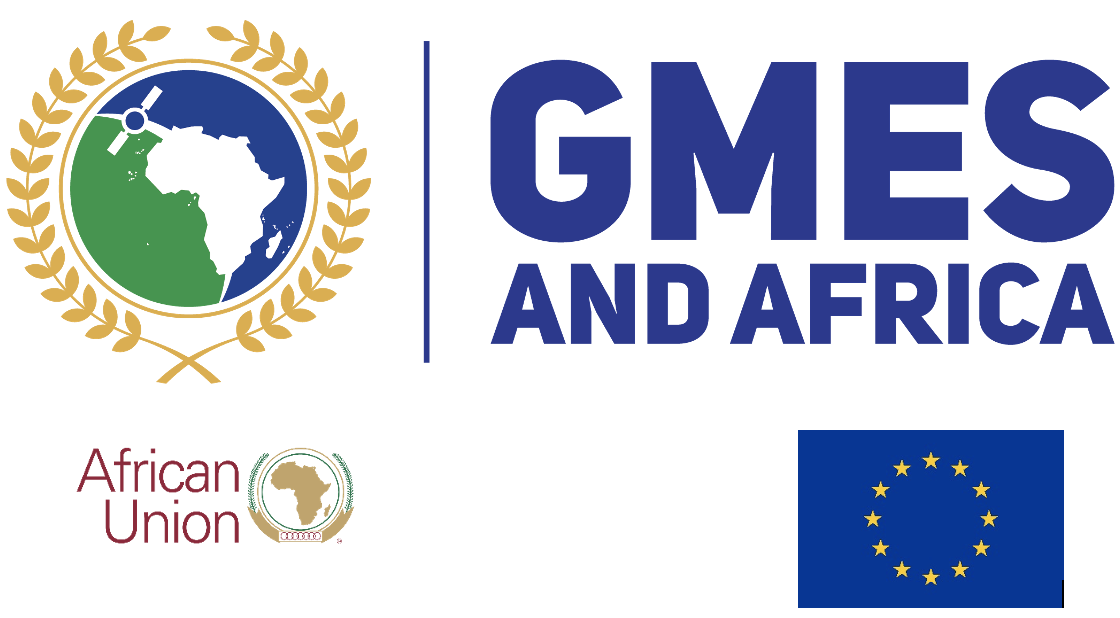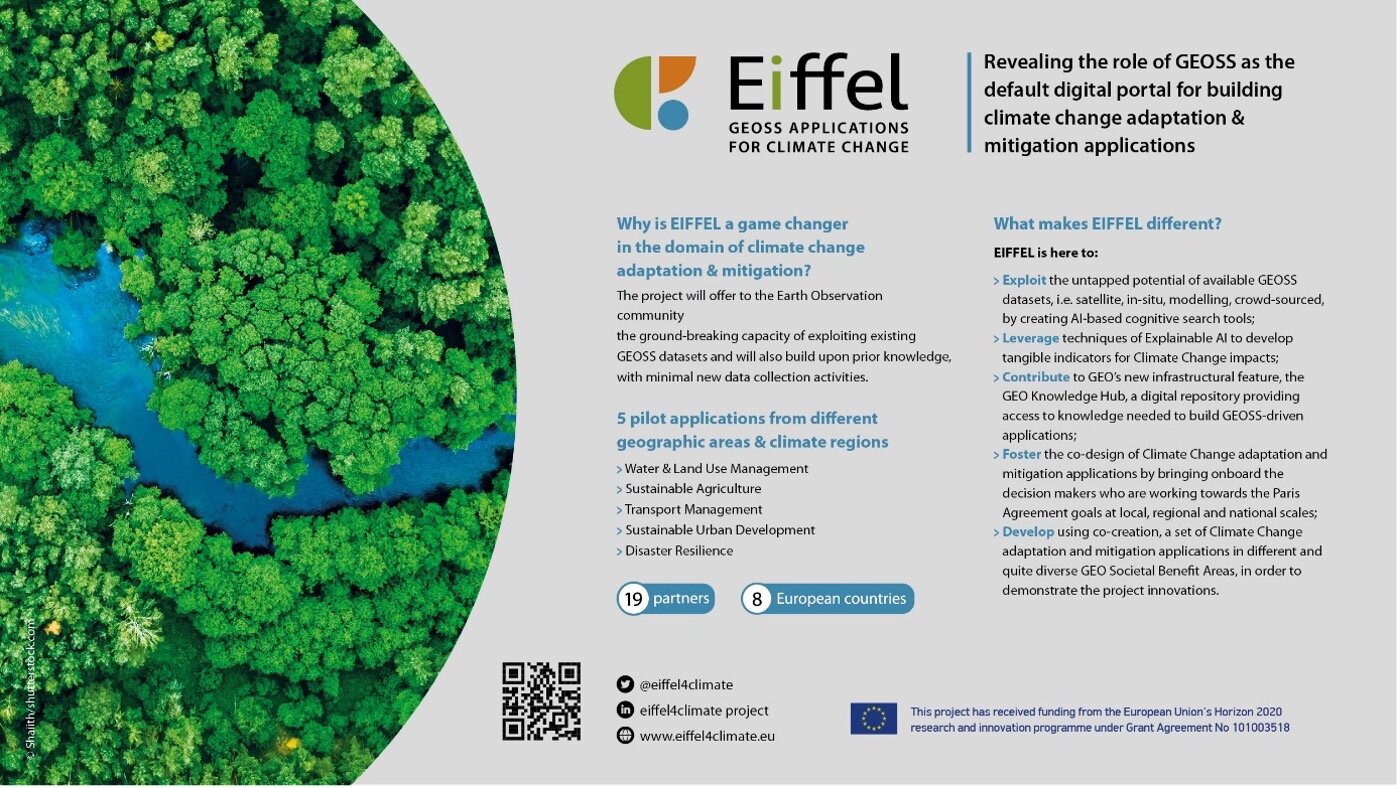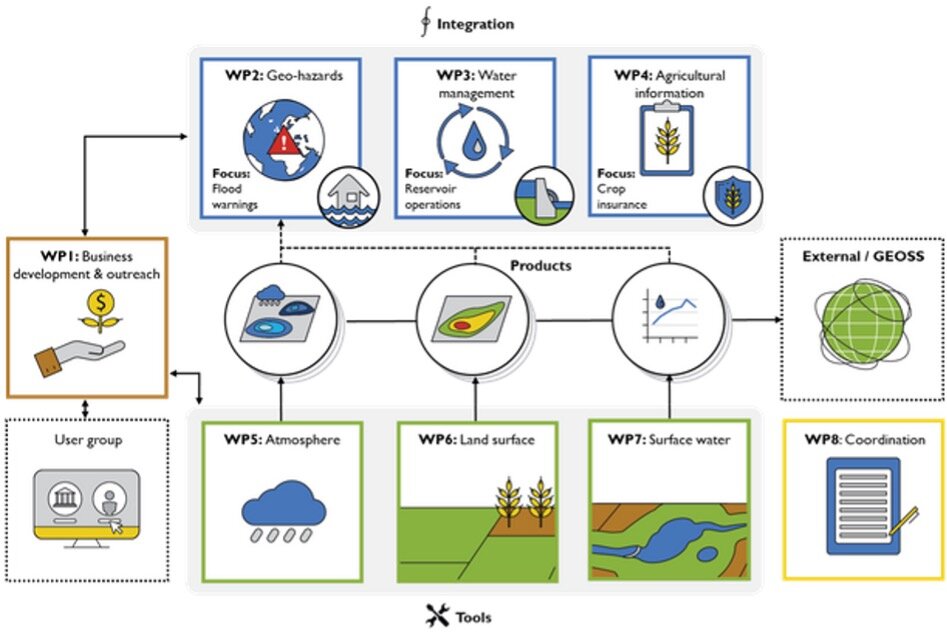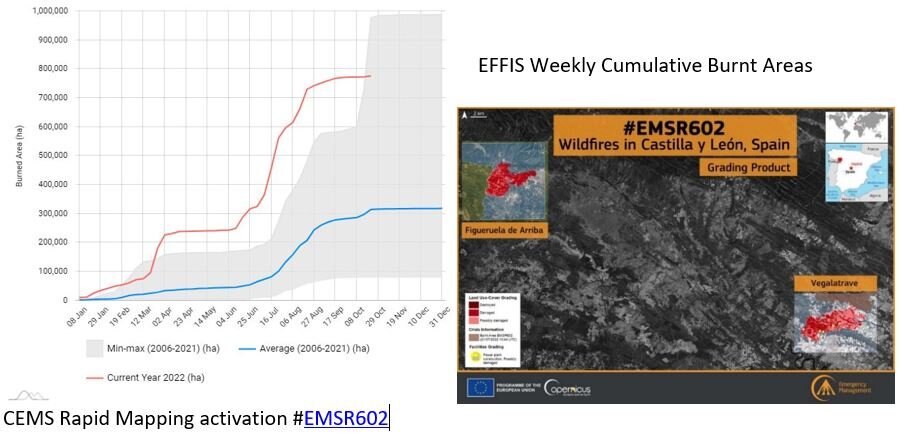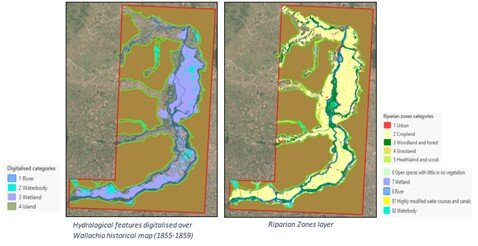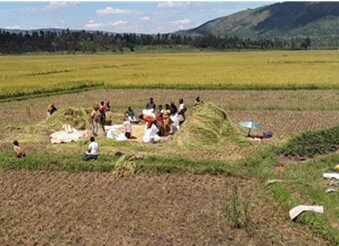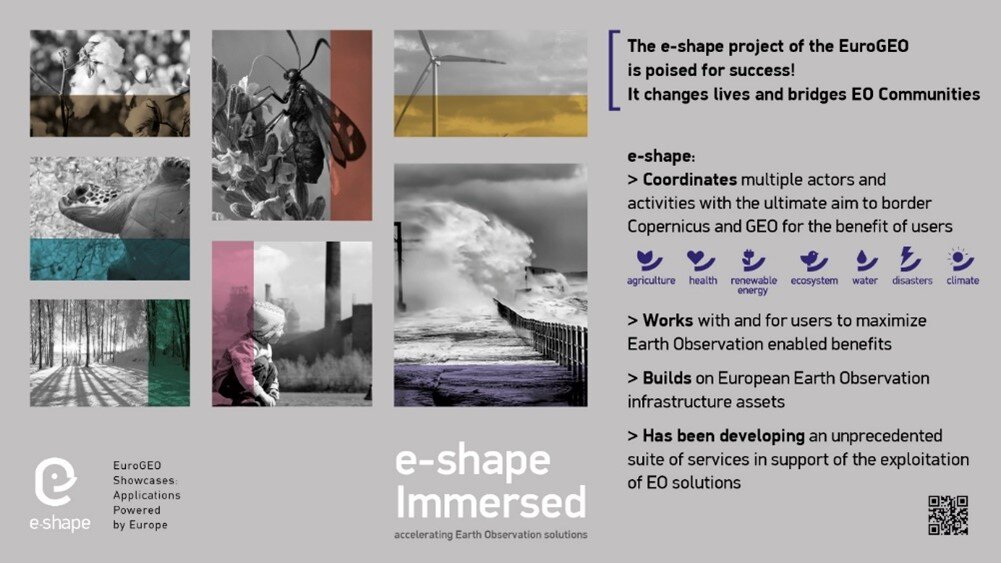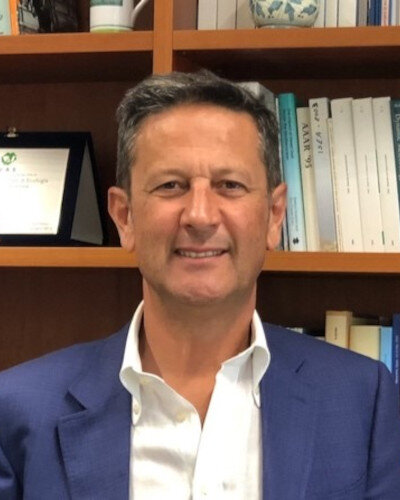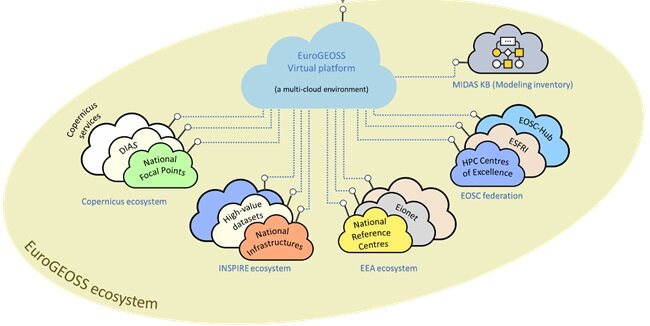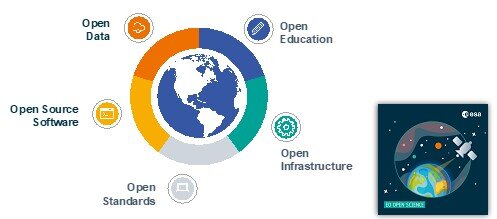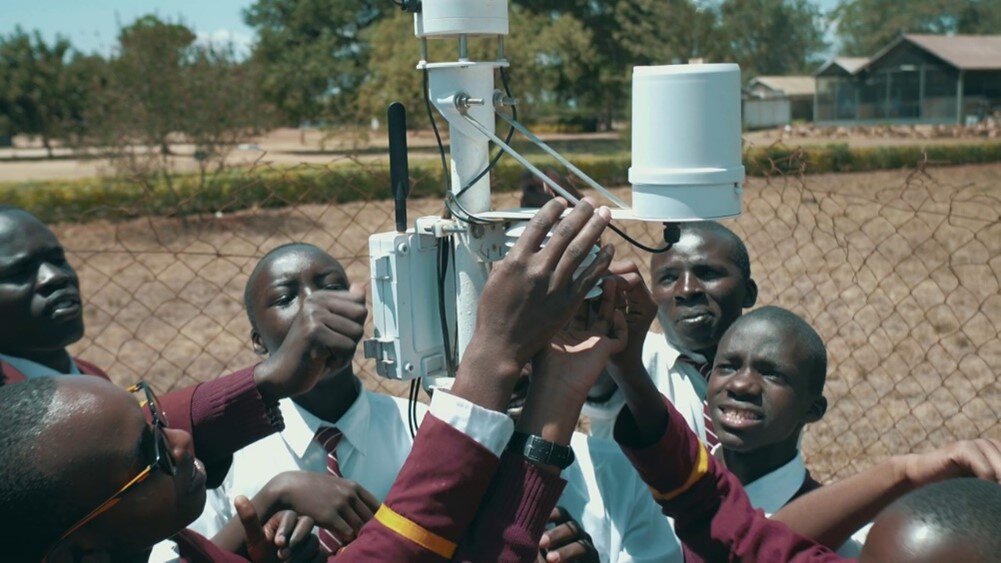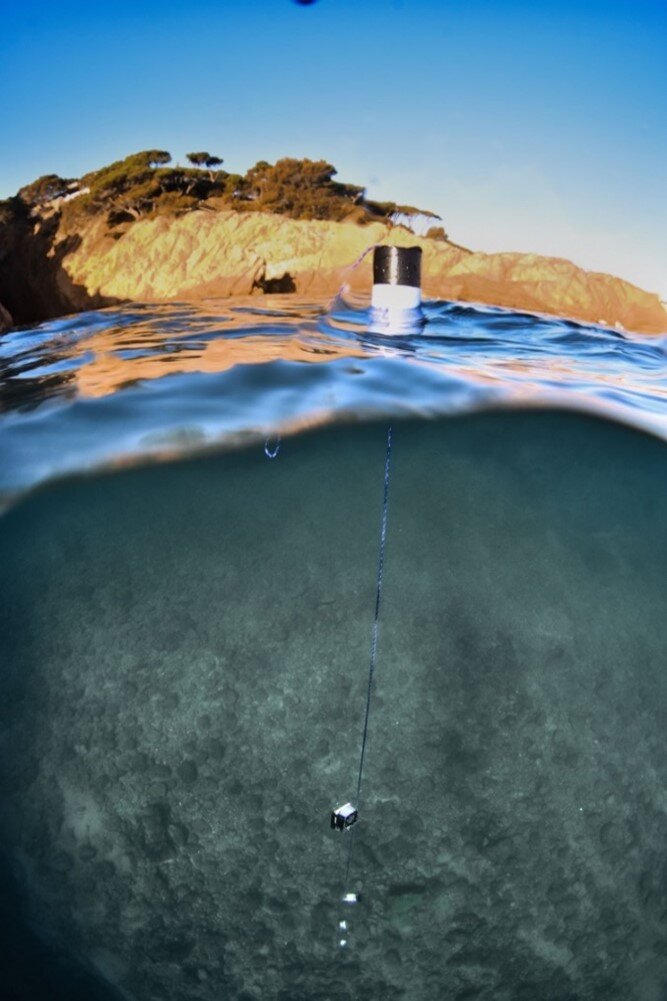
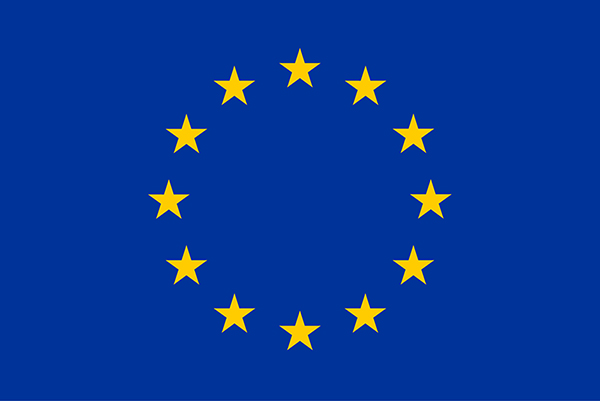
European Union
GEO Principals


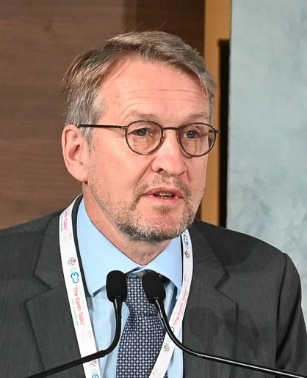
Focal Points
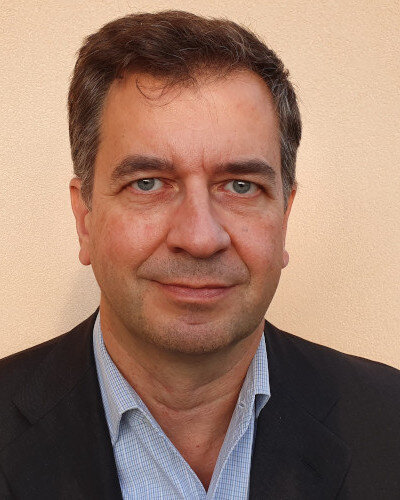
GEO Engagement and Contributions
Key contributions and leadership
The European Union, represented by the European Commission, is a founding member of GEO and has actively engaged in GEO governance since 2005. It has since been one of the Co-Chairs of the Executive Committee and plays an active role in the Plenary.
The Commission is a major donor to the GEO Trust Fund through voluntary annual contributions. The European Commission has also provided substantial funding for GEOGLAM, GEO Blue Planet, and to the Global Heat Resilience Service and the Ecosystems Atlas through the iClimateAction project.
It has significantly contributed to the vision and mission of GEO through various EU programmes, including Horizon Europe, Copernicus, and the Digital Europe Programme. With its free and open data policy, the Copernicus programme provides EO data from a wide range of satellite systems, which are today used globally in many GEO activities.
The European Commission Joint Research Centre (JRC) is actively engaged in a number of GEO activities, providing data, tools and expertise to GEO activities, including the GEO Human Planet Initiative and the GEOGLAM Flagship.
The lead entity that engages with GEO from the European Commission is the Directorate-General for Research and Innovation (DG RTD), with the Joint Research Centre (JRC) serving as a key technical focal point, and DG for Defence Industry and Space (DEFIS) which runs the Copernicus programme.
Most recently, the European Commission sponsored the GEO Global Forum 2025 hosted by Italy in May 2025, as well as the first GEO Youth Ideathon in South Africa 2023, followed by a second edition in Rome 2025.
Participation in the GEO Work Programme
The European Union as represented by the European Commission, is deeply committed to advancing solutions to climate, environment, disaster risk reduction worldwide through leading contributions to several key GEO Work Programme activities. In 2025, the Commission launched a 15 M€ call for “Delivering Earth Intelligence to accelerate the green and digital transition” which asks for operational contributions to the GEO work programme activities, based on GEO’s Post-2025 Strategy “Earth Intelligence for All”.
The Human Planet Initiative (HPI) coordinated by the Commission’s JRC, plays a central role in developing global-scale, high-resolution datasets on human settlement patterns and exposure. These data support risk assessments and guide policies for more resilient urban and regional planning, including for climate and hazard adaptation across Europe and globally. Additionally, the EU is the founder and the host of the core team for the Global Wildfire Information System (GWIS), which integrates satellite-based wildfire monitoring with in-situ observations of wildfires to improve early warning and preparedness. The Commission's iClimateAction funds the Global Heat Resilience Service (GHRS), which is developing an operational service that will provide every urban area in the world with actionable intelligence on the health and economic risks posed by extreme heat.
The European Union and European agencies also contribute actively to other disaster risk reduction initiatives of GEO. Through the European Space Agency, the European Centre for Medium-Range Weather Forecasting, and the Joint Research Centre, Europe supports GEOGLAM for enhancing global agricultural monitoring for food security, GEOGloWS for flood early warning, and GEO Mountains for strengthening resilience in mountain regions. With another Horizon Europe funded project, TEMBO Africa, the Commission supports the GEO pilot “In Situ Observations and Modelling for Weather, Water, Environment, and Climate Services in Africa”, advancing biodiversity and ecosystem-based approaches to reduce vulnerability to climate-related hazards. Together, these integrated efforts demonstrate the EU’s commitment to leveraging Earth observations for multi-hazard risk reduction, enhancing societal resilience, and promoting science-based policy for a safer and more sustainable future.
The European Union, through the JRC and/or Horizon Europe funded projects, is involved in the following GEO Work Programme activities:
- HUMAN PLANET
- Global Heat Resilience Service
- TEMBO
- GOS4M
- GEO-MIN
- GWIS
- SPACE-SECURITY
- GEOGLAM
Role of Private Sector in GEO
The European Commission actively promotes private sector engagement in GEO through:
- The launch of the first EO Pre-commercial Procurement (PCP) action for the private sector to develop user defined applications (PCP WISE)
- The engagement of the Private sector in EuroGEO via the European Association of Remote Sensing Companies (EARSC).
- The conclusion of industrial partnerships to boost competitiveness and innovation within the European space sector (CASSINI initiative).
- The mobilisation of the Digital Europe Programme to leverage partnerships with the private sector to develop highly accurate digital models of the Earth, enabling better monitoring and prediction (Destination Earth).
- The creation of innovative products and services that address various societal and economic needs leveraging the free and open data provided by the Copernicus downstream services
Through the Copernicus Data Space Ecosystem (CDSE), the Commission offers a wide range of infrastructure, services, and tools designed to unlock the full potential of Earth observation data, open to 3rd Party Services to deploy and operate their applications and services.
Participation in Regional Caucus - EuroGEO
In 2017, the European Commission launched the EuroGEO initiative as a regional branch of GEO, which combines European Earth observation resources, coordinates EO-related research activities for GEO, and fosters collaborations across Europe and globally.
Since the EuroGEO initiative was launched, the EU contributions to the achievements of GEO have been instrumental, across all priority areas of GEO. In particular, through promoting EuroGEO’s mandate through workshops and projects (e-shape, EuroGEOsec), and by providing EO infrastructure, data management systems and applications developed through Horizon-funded projects, which are used throughout the GEO work programme.
The European Commission also serves as the co-chair of the EuroGEO alongside European GEO Members and coordinates the European position in GEO’s governance structures.
Earth Observation Capabilities
The European Commission operates comprehensive Earth observation capabilities, including:
- Copernicus Programme: The EU's flagship Earth observation programme providing operational environmental monitoring services through six thematic services (Atmosphere, Marine, Land, Climate Change, Security, Emergency Management)
- EU Space Programme: consisting of several flagship components such as Copernicus, EGNOS (European Geostationary Navigation Overlay Service) or Galileo, Europe’s Global Navigation Satellite System.
- Horizon EuropeFramework Programme - Major research funding for Earth observation innovation and technology development with budget allocation of EUR 1.4 billion for space research (2021-2027).
- Digital Europe Programme - Supporting development of European Earth observation data spaces and AI applications for environmental monitoring.

